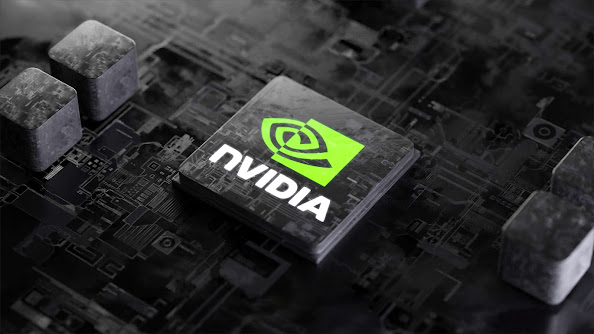Introduction:
The recent surge in Nvidia Corp.'s stock price has raised eyebrows, even among prominent investors like Cathie Wood, the manager of the ARK Innovation ETF. Wood, known for her bullish stance on innovative companies, expressed skepticism about Nvidia's valuation, stating that it is "priced ahead of the curve." This article examines the factors contributing to the stock's remarkable rise, the concerns raised by analysts, and the potential risks associated with Nvidia's current valuation.
Nvidia's Rise and Wood's Cautious Stance:
Nvidia, the world's most valuable chipmaker, has experienced significant growth, particularly driven by investor enthusiasm for artificial intelligence (AI). The stock's price-to-sales ratio of 25 times for the current financial year has caught the attention of market observers. Wood, who closed her Nvidia position in January, acknowledged missing out on the subsequent doubling of the stock's value, but she remains cautious about its sustainability.
Challenges in the Chip Industry:
While Nvidia's premium valuation can be attributed to its success in AI and gaming, analysts caution that the chip industry as a whole faces challenges. The demand for consumer electronics remains tepid, and traditional server markets are experiencing weakness, contrasting with the high expectations for AI servers. Ongoing price cuts and inventory adjustments in the industry also suggest a broader market weakness.
Nvidia's Track Record and Product Portfolio:
Nvidia, founded in 1993 by Jensen Huang, has outperformed its peers through its development of chips that deliver realistic images for computer gamers. The company has weathered industry consolidation while maintaining its position as a leading player. Recently, Huang unveiled new AI products, including robotics designs, gaming capabilities, advertising services, and a networking technology. The introduction of the AI supercomputer platform called DGX GH200 is particularly significant, as it aims to assist tech companies in creating successors to ChatGPT.
Assessing Nvidia's Valuation:
Analysts and independent experts have expressed concerns about Nvidia's valuation. Despite its potential for future growth, the stock is considered by some to be in bubble territory. The price-to-earnings ratio for the current year has come down to around 55, although the stock price has soared, driven by bullish guidance. However, Nvidia remains significantly more expensive than its peers in terms of cash flow and book value.
Conclusion:
The surge in Nvidia's stock price and its premium valuation have prompted cautionary responses from market participants, including prominent investor Cathie Wood. While Nvidia has established itself as a leader in AI and gaming, concerns persist about the sustainability of its current valuation. Analysts note challenges in the chip industry and the disconnect between high expectations for AI and overall market weakness. As Nvidia continues to innovate and expand its product portfolio, investors and analysts will closely monitor whether the stock's pricing reflects its true potential or if it has entered bubble territory.






Social Plugin